Advice for First-Time Boat Buyers
There comes a time in many people’s lives when they decide that it is “now or never.” That moment may come because of one’s age, their children’s ages, economic circumstances, health issues, or any number of other reasons. It makes no difference when that day comes, but when it does, our advice is to act on it, because chances are that your subconscious has been rolling the idea around for a long time, and it is now speaking to you directly.
The biggest reason that many people never become boat owners is not because of the cost involved but, rather, because of fear of the unknown. They fear that they will make a mistake, buy the wrong boat, pay too much, end up having an accident, or will simply be overwhelmed with boat maintenance or some other imagined problem. We all remember what FDR said about fear, and his sage words apply to this subject as well.
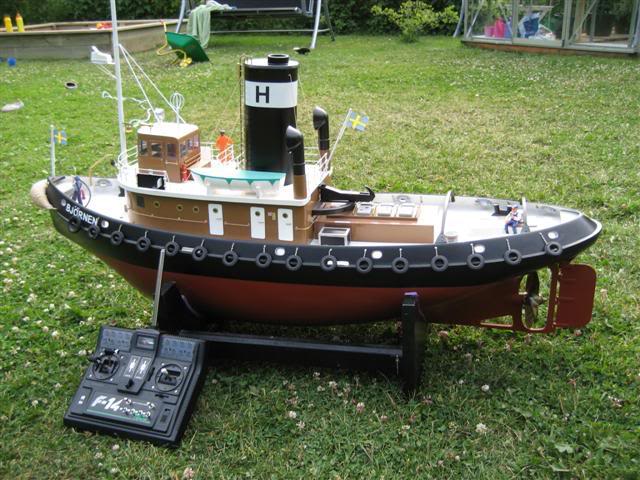
When you are ready to move up to the real thing, following a few simple rules can make buying your first boat a success.
Rule #1 – Pick the Right Type of Boat
There are no fewer than 30 distinctly different types of recreational powerboats on the market, all designed for a specific purpose. So, the first thing you must do is to pick the right type of boat for what you plan to do. All types of boats, however, fall roughly into three basic usages – cruising, fishing, or watersports.
While you can perform virtually any activity from nearly any boat, it is best to zero-in on your primary use and then select a boat from that category—
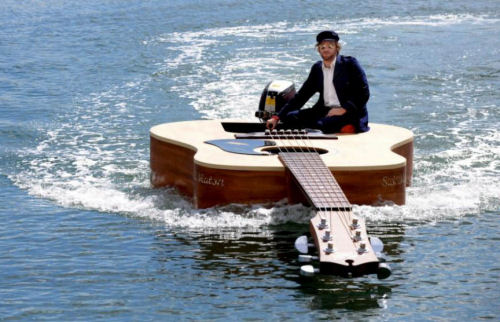
Cruising boats are designed for traveling, entertaining guests and comfort afloat. You can go day cruising on a lake or in a river in a small boat, or cruise around the world and live aboard in a large one, and do everything in between. Decide if you will use your boat for day-boating or overnighting.
Fishing boats are designed with open cockpits to make it easy for the angler to move around or fight the fish. Fishing boats range from small 15’ jonboats appropriate for going after bass or walleye in a small lake to 80’ and larger convertibles designed to fight a 2,000-lb. black marlin in the western Pacific, and for everything in between.
Watersports boats are designed for those who want to waterski, wakeboard, tow toys, parasail, scuba dive, race or do anything else you can dream up. Pick your sport then pick your boat.

Rule #2 – Decide If You Are a New-Boat Buyer or a Used-Boat Buyer
The traditional advice for first-time boat buyers is to buy a used boat. That way if you end up not liking boating, your economic risk is minimized. Also, the traditional wisdom is that people rarely select the right boat in the first place and since their first boat is likely to be a mistake, it might as well be a used boat which will be traded in a year or so, anyway.
While that advice has merit, there are other things to consider. First, with the advent of the Internet (to say nothing of BoatTEST.com), first-time buyers can now see video of thousands of boats, read our Captain’s Reports, compare boats, and get a much better idea of the right boat than was ever before possible. Also, buying an old used boat increases the chances that things will go wrong and the experience will be less than the best, which might just end prematurely what could have been a great lifetime on the water.
One’s personality also has a lot to do with buying new or used. Some people are quite anal and are extremely uncomfortable if everything isn’t in apple pie order. Our advice to people like that is to consider a new boat, a non-current boat or a used boat with low hours in pristine condition. Our surveys indicate that about one-third of the boat buyers prefer to buy only new products. If you are one of those people, admit it, and be prepared to pay for making your boating world orderly and as trouble-free as possible.
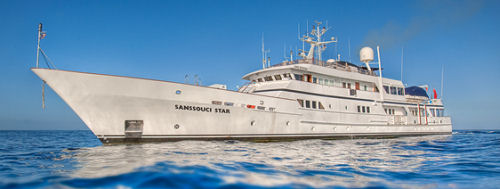
Rule #3 – Buy Bigger Than You Had Planned
Most dyed-in-the-wool boaters have 2-foot-itis – that means they are always looking for their next boat, which is 2' larger. It is the nature of the beast. It is natural to want to save money and buy the smallest boat that you think will get the job done. Trouble is, larger boats are almost always more comfortable, safer and more fun than smaller ones. Larger boats carry more people, go farther, look better and generate more pride of ownership than do smaller ones.
Typically, a first-time boat buyer towards the end of the season will realize that their boat is too small, and will trade in the first boat on a larger one. It is amazing how often this pattern repeats itself. While this phenomenon is good for the boating industry (which needs all of the help it can get), it is costly for the consumer. Like driving a new car off the dealer’s lot, a new boat (and a used one, too) immediately loses 10% to 30% of its value when it leaves the dealership. If you trade in your first boat in a year or two, you are going to be hit twice with this unavoidable depreciation.
By looking carefully at the next larger boat and adjusting your mind to its cost and benefits, you can save money right at the beginning of your boat-owning career. It is not unusual for some first-time buyers to buy the biggest boat they can afford, right off the bat. We know people who have purchased a 40-footer, for example, as their first boat. The reason that they did so was because they could afford it, and frankly they did not have the time to waste slowly working their way up the size ladder. If you are 50 years old, go for the big one now!
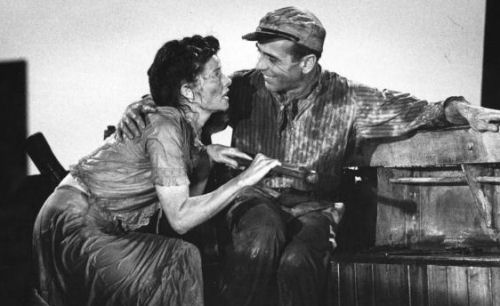
Rule #4 –Always Involve Your Significant Other Early in the Game
Believe it or not, women are increasingly becoming boat-buying advocates. While it was once the sole domain of men (“big toys for little boys”) in the buying decision, and the female spouse had to “sign off” on hubby’s dream boat, now we see more and more women taking the lead in the actual boat-buying, with the male partner as the “sign-off” spouse. In fact, there are a surprising number of single women who are now boat owners, if our mail is representative of the country at large.
No matter who wears the binoculars in your family, make sure the significant other has input and “buy-in” on the boat selected. Life is too short, and even large boats are too small, for one partner to be disgruntled about which boat was selected. No matter what, make sure your partner is part of the crime.
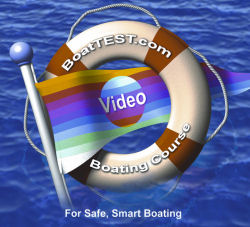
Rule #5 - Back To School
Operating a powerboat is NOT like driving a car. Knowing how to handle wind, waves, tides, currents, weather, and other boat traffic are all factors that come into play for a safe day out on the water. Knowing the Rules of The Road is also critical, so before you head out for your first boat ride, take a course from the U.S. Power Squadron or the U.S. Coast Guard Auxiliary.
Most states now require you to have at minimum a safe boating certificate which shows you have passed an approved boating course. This is a good thing that has developed over the last 15 years or so across America.
BoatTEST.com supports state licensing of boaters because we think it keeps people in the sport, in addition to making it safer for everyone concerned. The reason was driven home to us 25 years ago before our state had a licensing requirement. A neighbor bought his first boat and promptly ran it up on the rocks, costing $3,000 in repair bills. A month later he did the same thing again, and immediately put his boat up for sale and got out of the sport forever. Had he only taken a boating course he would have understood what red and green buoys meant and could have safely stayed in the channel and off the bricks.
Now a plug for the BoatTEST.com Boating Course narrated by Capt. Steve: For $79.95, plus shipping and handling, you can get the best video boating course made for Windows-based computers ever made. This is the same course that BoatTEST.com has been serializing for the last 18 months. To learn more about it...
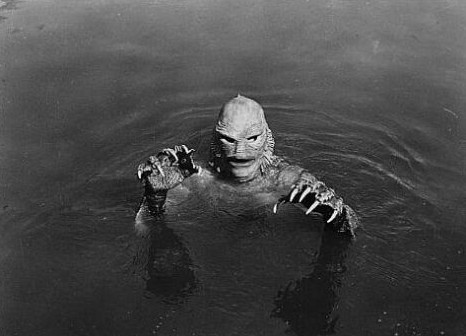
Rule #6 – Have No Fear!
Someone once said that life is not a dress rehearsal and you’re not getting any younger. No matter what your age, there is nothing like being out on the water in a boat, no matter how small or old it is. Armed with your boating course, common sense, and a modicum of prudence you can venture out on the water with your new boat a little at a time. There is no need to cross the Atlantic, or the sound, or even your local lake the first time you go out. Take it step at a time, going farther, and gaining experience each time you go boating.
The best boaters are usually the ones with the most experience, but they all started from scratch at some point in their lives. Once you have a season or two under your keel, you'll find your confidence and competence growing, and you will have a lifetime of boating pleasure to look forward to.
Bon voyage!